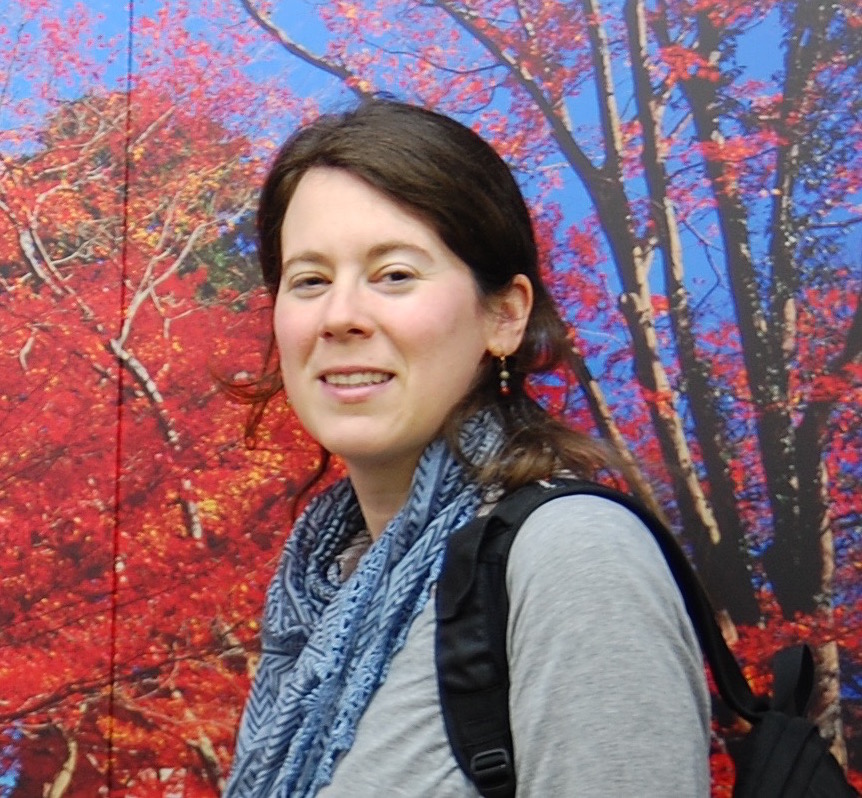Megan Saltzman studies the relationships between globalizing urban space, everyday life, and political potential. Her forthcoming book, Cultural Politics and Everyday Agency in the Public Spaces of Neoliberal Barcelona (Palgrave Macmillan, 2020) combines ethnographic methodology with fictional textual analysis to expose how small agency operates in mundane urban practices (e.g. loitering, sitting, playing, and rummaging through trash bins). She demonstrates how these practices carried out in public spaces not only challenge the city’s monitored image, but also serve to carve out autonomy for subjects in an era of accelerated spatial-temporal transformation, economic polarization, and increasing forms of state-corporate control. Megan has published on contemporary urban themes, such as nostalgia, the itineraries of undocumented immigrants, and grassroots collectives that implement alternative strategies to recover public space. After receiving her Ph.D. in Hispanic Cultural Studies at the University of Michigan, Megan taught at Grinnell College and the University of Otago. She currently teaches Spanish culture and language at West Chester University.
Megan Saltzman
Wolf Humanities Center Regional Fellow
2018—2019 Forum on Stuff
Megan Saltzman
Associate Professor of Spanish, West Chester University
Rummaging for and Re-appropriating Discarded Objects in Neoliberal Barcelona’s Public Spaces
I propose to write the last chapter of my book manuscript on the illegal activity of rummaging through public trash bins in Barcelona in the era of economic crisis and neoliberal spatial policies (gentrification, mass tourism, and police and video surveillance). Bringing together in situ fieldwork with two recent visual texts: the photograph-essay/dictionary Retired City [Ciudad jubilada] by Pau Faus (2010) and the graphic novel Scrap-metal Vagabonds [Vagabundos de la chatarra] (2015) by Jorge Carrión and Sagar Forniés, I explore the underpinnings of the city’s polished image by addressing both the “glocal” trajectories of the city’s waste as well as the ways in which subjects, mainly undocumented immigrants and elderly locals, re-appropriate other’s discarded items.



